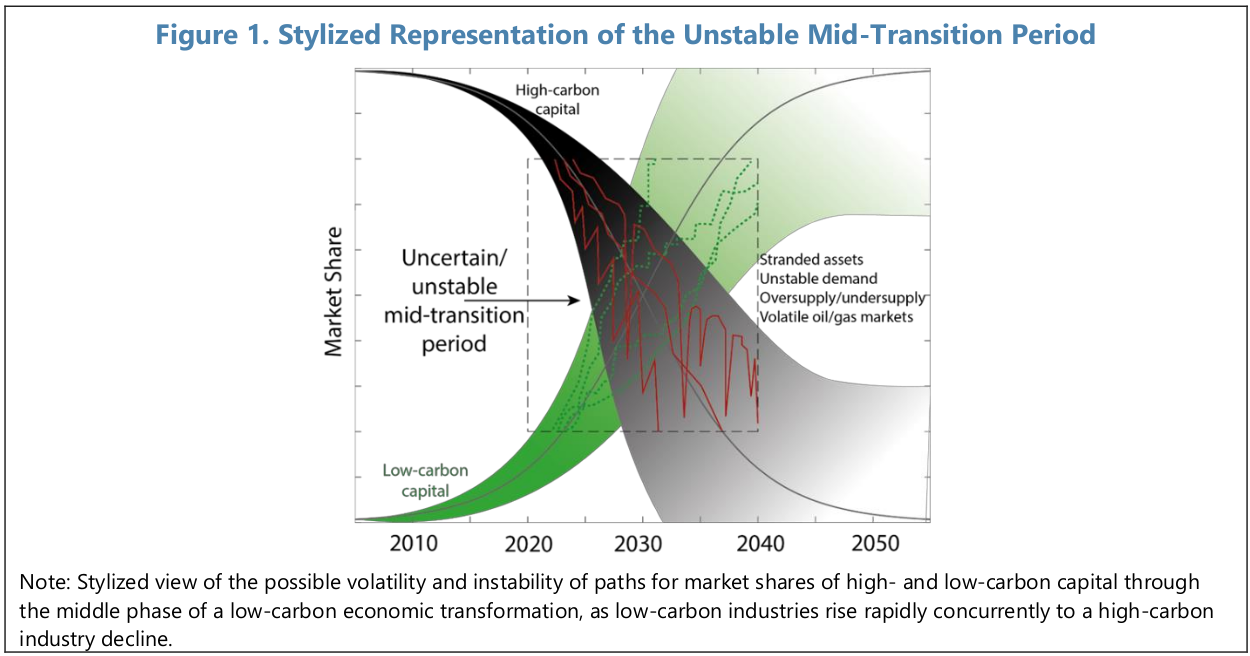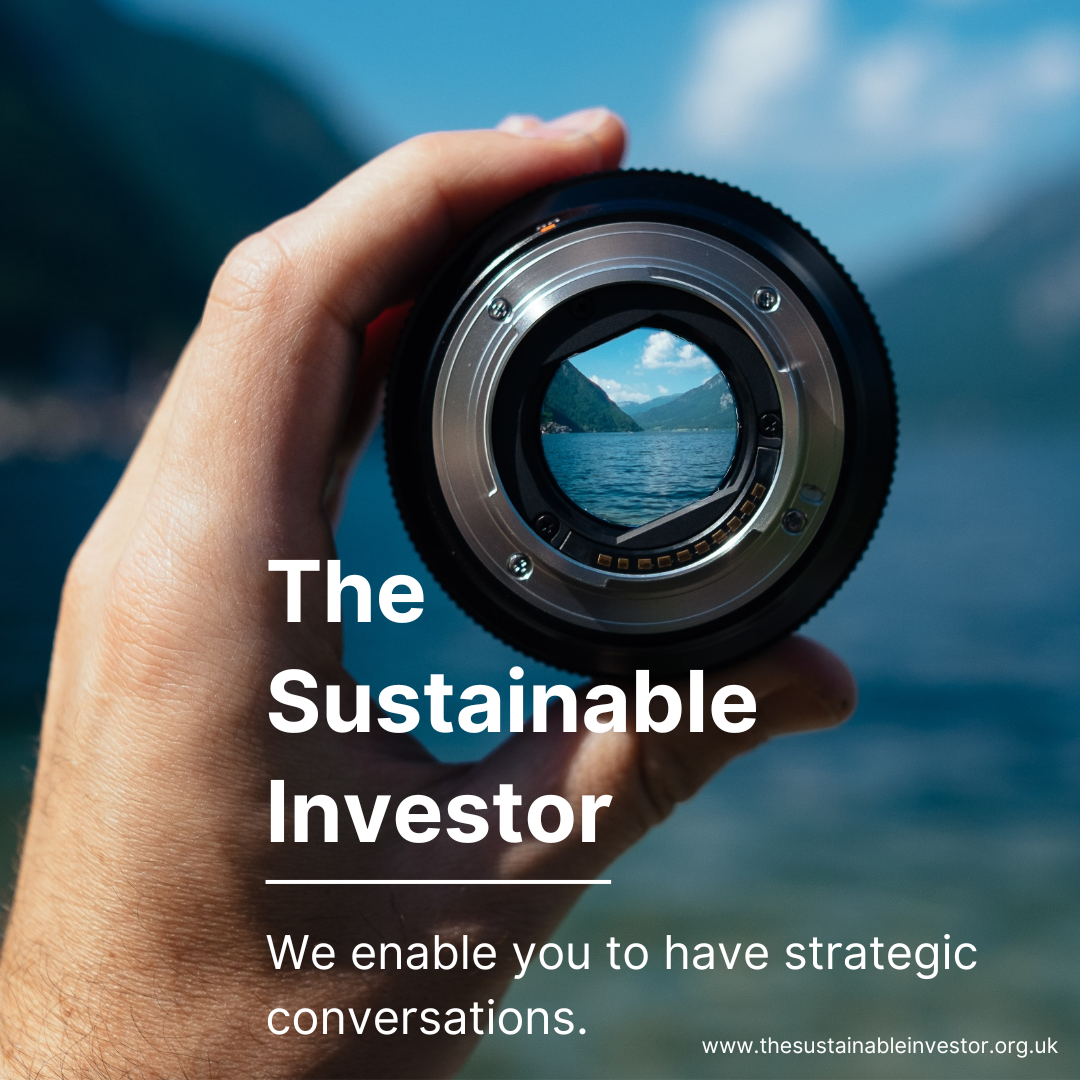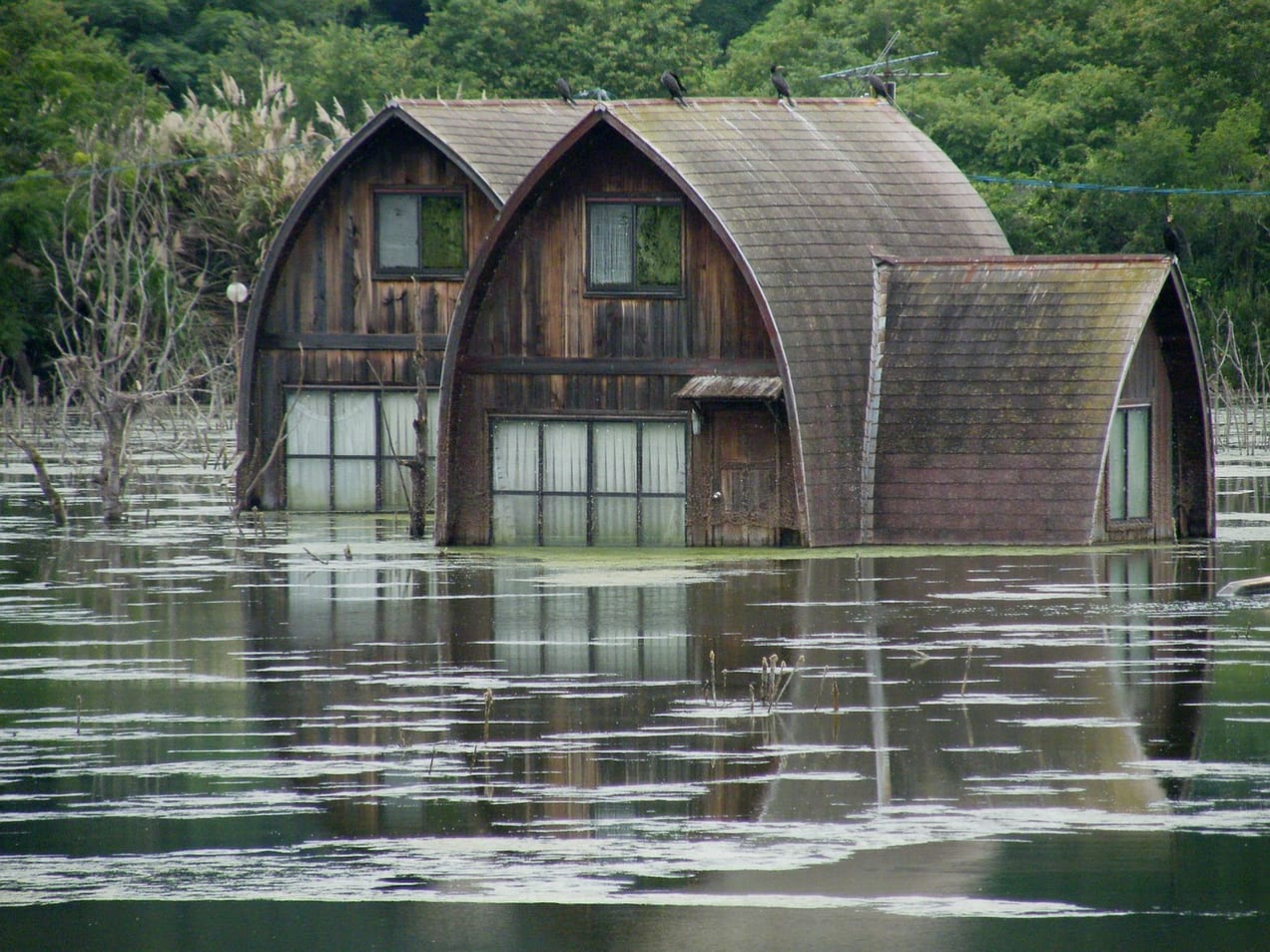
The transitions will be harder and easier than we think.
There is a tendency to gloss over some of the challenges in delivering the sustainability transitions, to simplify what it is we need to do. And as a result our sustainability plans and proposals can jar with the people who actually have to deliver the change on the ground. This can be especially the case when we talk to financial professionals, who are used to balancing financial risk and opportunity, not ethics.
And this simplification can make it easy for critics to pick holes in the arguments, something we have seen a lot of recently in the UK! A recent pair of blogs from Michael Liebreich picks up on this point. In the first blog he admits that...
"... the transition will also be brutally challenging: every sector of the economy will have to switch to new technologies, consumers will have to change behaviours, new supply chains will have to be built, and all this has to happen in every major economy, in just a few decades, and at the cost of a whole generation’s savings".
Michael is brutally honest about some of the challenges, for instance in discussing renewables he admits that resilience of the electricity grid is a real issue, and that more renewables, especially as we approach 90% clean electricity generation, will make this harder to deliver. And he accepts that batteries on their own will not be enough to overcome this. There is a lot more to his blog, but you will start to get our drift. Yes, we need to talk about the solutions, but we also need to be honest about the challenges, and the costs of solving them.
Interestingly, this was also the topic of a recent (and much more technical) report from a team at the IMF. They looked at the cross border risks from the transition. The crux of their analysis is that while in aggregate the opportunities for the global economy from the sustainability transitions are massive, there will be local/regional challenges that, if not addressed, could derail progress. They particularly highlight what they call the mid-transition period, around 2030, when both the old fossil fuel based system, and the new greener system, are both undergoing simultaneous massive changes.

The bottom line is both reports end up saying similar things. We not only need to make the changes, doing so will bring material benefits as well. But, we need to be honest about the transition risks. We discussed transition, its barriers and risks in a couple of recent Sunday Brunches.
Link to blogs 👇🏾


This article featured in What Caught Our Eye, a weekly email featuring stories we found particularly interesting during the week and why. We also give our lateral thought on each one. What Caught our Eye is available to read in full by members.
If you are not a member yet, you can read What Caught Our Eye when it comes out direct in your email inbox plus all of our blogs in full...


Please read: important legal stuff.


